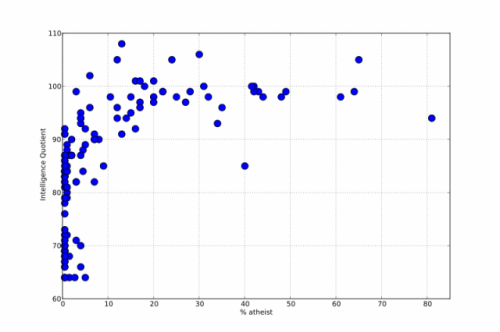But it happened. OK, a couple of youtubers were jerks and grabbed women and gnawed on their leg carried them around, but then the response was damning and rational. And then the grabbers were kicked out of a conference. And people had excellent discussions about rape culture.
There is hope!




